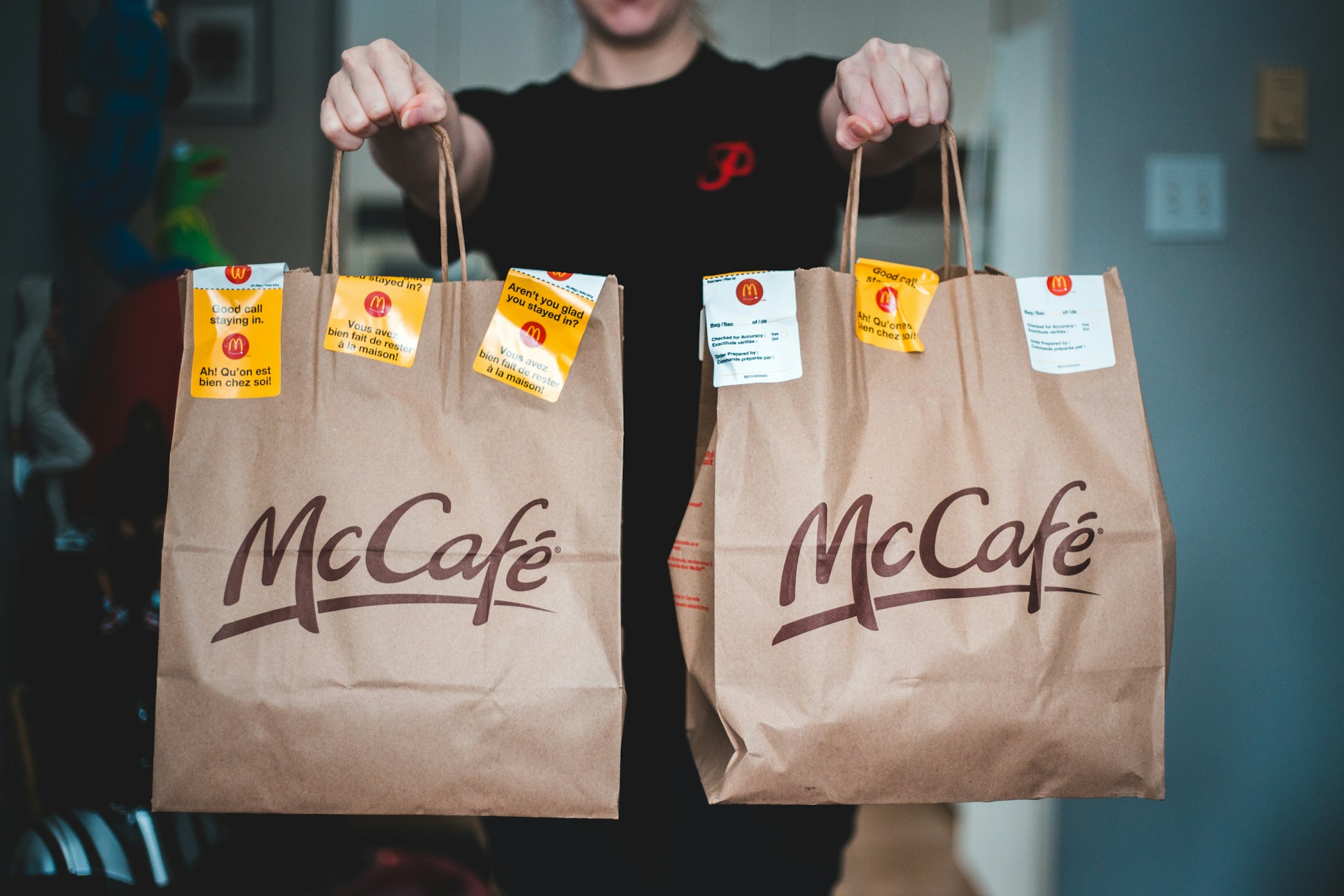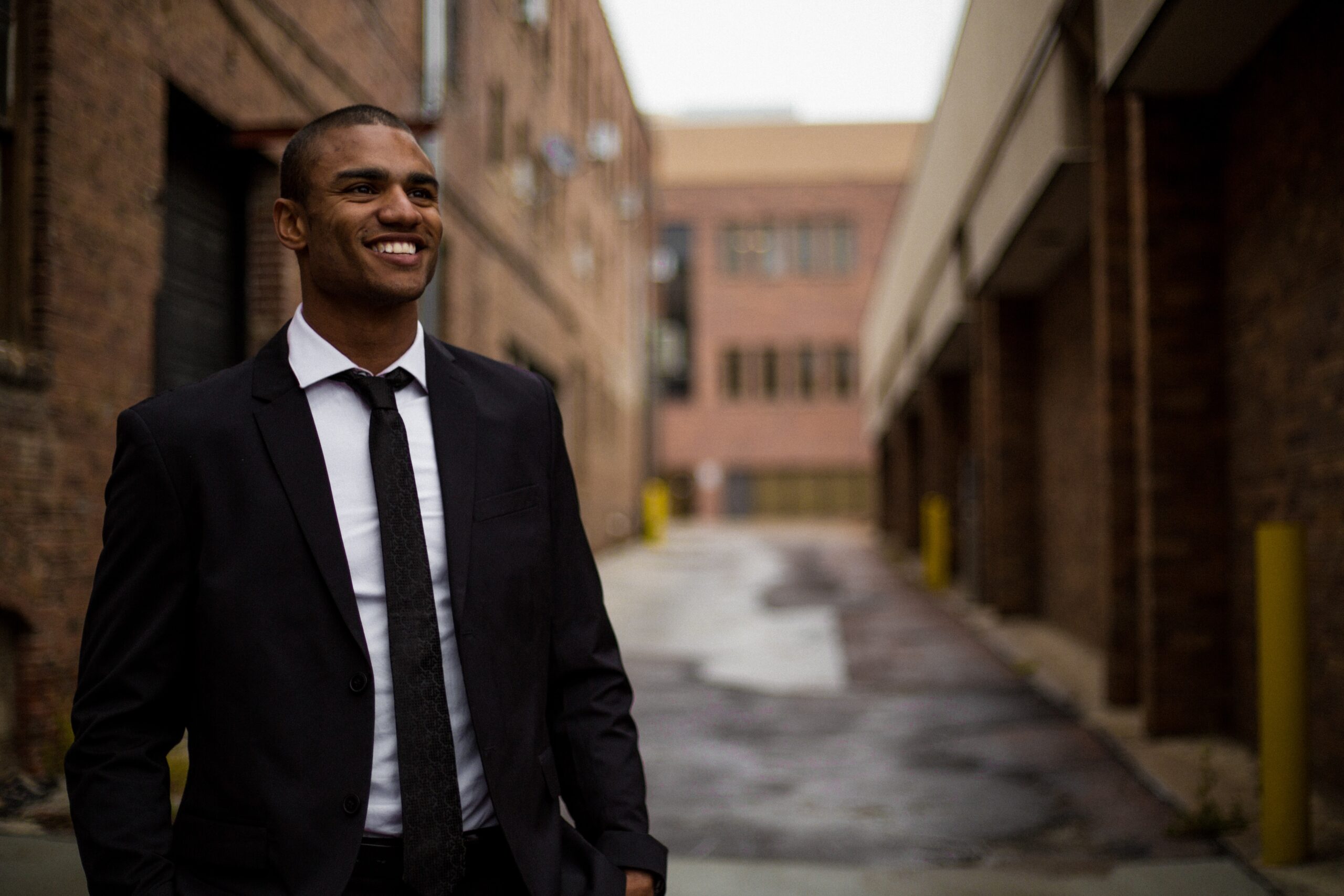The McDonald’s hot coffee case, often cited in discussions of product liability and frivolous lawsuits, has become one of the most misunderstood legal stories in recent history.
The case, officially titled Liebeck v. McDonald’s Restaurants, involved Stella Liebeck, a 79-year-old woman who sued McDonald’s after suffering third-degree burns from their coffee. While initially perceived as an example of lawsuit abuse, the case is, in fact, a significant example of how product liability law can protect consumers.

What Happened in the McDonald’s Hot Coffee Case?
In February 1992, Stella Liebeck purchased a cup of coffee from a McDonald’s drive-through in Albuquerque, New Mexico. She was a passenger in her grandson’s car, and after receiving the coffee, she attempted to remove the lid to add cream and sugar. While balancing the cup on her lap, it accidentally spilled, resulting in severe burns on her thighs, groin, and buttocks.
Although coffee is expected to be hot, the temperature of the coffee Liebeck spilled was exceptionally high. McDonald’s had maintained its coffee at approximately 180 to 190 degrees Fahrenheit, much hotter than coffee served at home or by other restaurants, which typically falls between 140 to 160 degrees. According to medical professionals, liquids above 155 degrees can cause third-degree burns in just a few seconds, and McDonald’s own internal documents showed that the company was aware of the burn risks associated with their coffee temperature.
The Legal Process and Verdict
Initially, Liebeck sought to settle with McDonald’s for $20,000 to cover her medical expenses, which were around $11,000. However, McDonald’s only offered her $800, leading her to file a lawsuit. The case went to trial in August 1994, where Liebeck’s attorneys argued that McDonald’s coffee was unreasonably dangerous because it was served at a temperature that could cause severe burns almost instantly.
The jury awarded Liebeck $200,000 in compensatory damages, which was reduced to $160,000 due to a finding of 20% contributory negligence on her part. More significantly, the jury awarded her $2.7 million in punitive damages. The figure was chosen based on McDonald’s estimated daily coffee sales revenue of about $1.35 million. Ultimately, the judge reduced the punitive damages to $480,000, and the parties settled out of court for an undisclosed amount.
Understanding Product Liability Law
Product liability law is a subset of personal injury law that holds manufacturers, distributors, and sellers responsible for injuries caused by defective or dangerous products. In the United States, product liability claims generally fall into three categories:
- Design Defects: These occur when a product is inherently dangerous due to its design, even if it is manufactured correctly. If a design defect is found, the manufacturer may be liable for any harm the product causes.
- Manufacturing Defects: These defects occur during the production process and result in a product that differs from its intended design, making it dangerous.
- Failure to Warn: This involves cases where a product lacks adequate warnings or instructions, which can lead to improper use and injury.
The McDonald’s hot coffee case primarily centered around the failure to warn aspect, as the coffee itself was not defective in design or manufacture. Instead, the argument was that McDonald’s failed to adequately warn consumers about the potential danger posed by the coffee’s extremely high temperature.
Why the McDonald’s Coffee Was Considered Unreasonably Dangerous
During the trial, evidence was presented showing that McDonald’s had received over 700 reports of customers suffering burns from their coffee prior to Liebeck’s incident. Despite this, McDonald’s chose to continue serving coffee at such a high temperature, arguing that it was their standard practice. However, experts testified that the risk of serious burns outweighed any potential benefit of maintaining coffee at that temperature.
McDonald’s argued that they were not at fault because Liebeck was aware that coffee was hot and that the spill was due to her handling of the cup. However, the jury concluded that the temperature of the coffee was unreasonably dangerous and that McDonald’s was liable for failing to reduce the temperature or warn customers of the severe risk.

The Implications of the Case and Public Perception
The McDonald’s hot coffee case sparked significant public interest, much of which was shaped by misconceptions. Many media outlets portrayed the lawsuit as a prime example of a frivolous lawsuit, fueling debates about tort reform and consumer responsibility. However, as the details of the case became more widely understood, public perception began to shift.
The case prompted companies, especially in the food and beverage industry, to reconsider how they warn consumers about potential dangers. Although McDonald’s still serves hot coffee, the case brought attention to the need for clear warnings and reasonable safety standards.
Why This Case Still Matters Today
The McDonald’s hot coffee case remains relevant for several reasons:
- Highlighting the Importance of Product Safety: The case underscores the importance of product safety and reasonable temperature standards. While serving coffee at 180 degrees may seem inconsequential, the potential for harm was significant, and the case led many companies to reassess their product safety practices.
- Shaping Product Liability Law: The case is a landmark in product liability law, particularly regarding the concept of “failure to warn.” It emphasizes that companies must warn consumers about dangers that might not be immediately obvious, even for everyday products.
- Impact on Tort Reform Discussions: This case became emblematic of the tort reform movement in the United States. Advocates for tort reform argue that cases like this show the need for limits on damages and stricter guidelines on personal injury lawsuits. However, the deeper details of the case reveal a more complex narrative where consumer protection was a critical concern.
- Awareness of Consumer Rights: The case has also become an educational moment, raising awareness of consumer rights and the importance of pursuing legal recourse when injured by a defective or dangerous product.
Conclusion: More Than Just a “Frivolous Lawsuit”
The McDonald’s hot coffee case serves as a reminder of the importance of understanding the facts before drawing conclusions about a legal matter. Far from a frivolous lawsuit, Liebeck v. McDonald’s was a legitimate case about consumer safety, corporate responsibility, and the duty of businesses to protect their customers from harm. As product liability law continues to evolve, this case stands as a significant milestone that continues to influence how companies handle consumer safety issues and how society perceives the balance between personal responsibility and corporate accountability.






